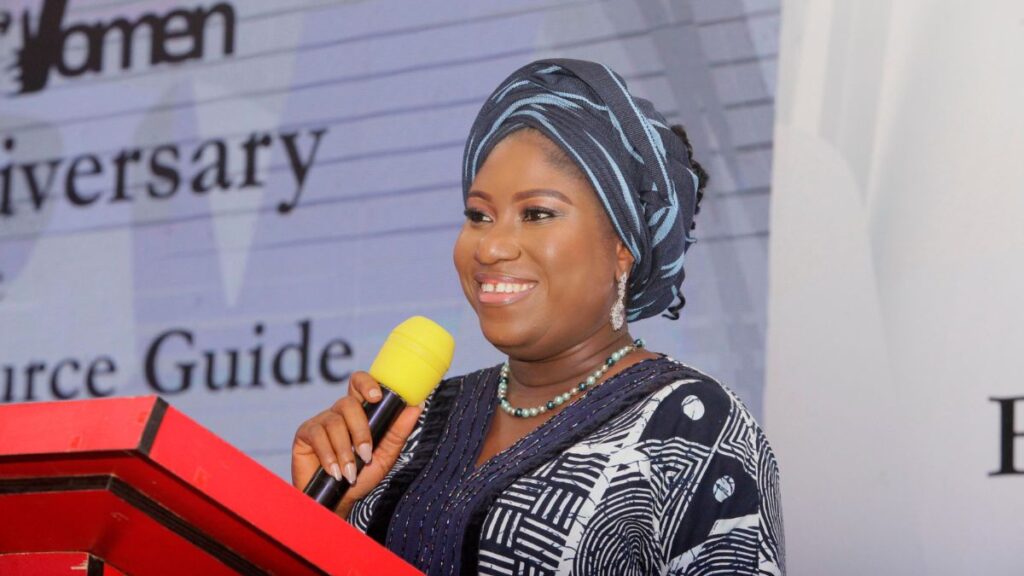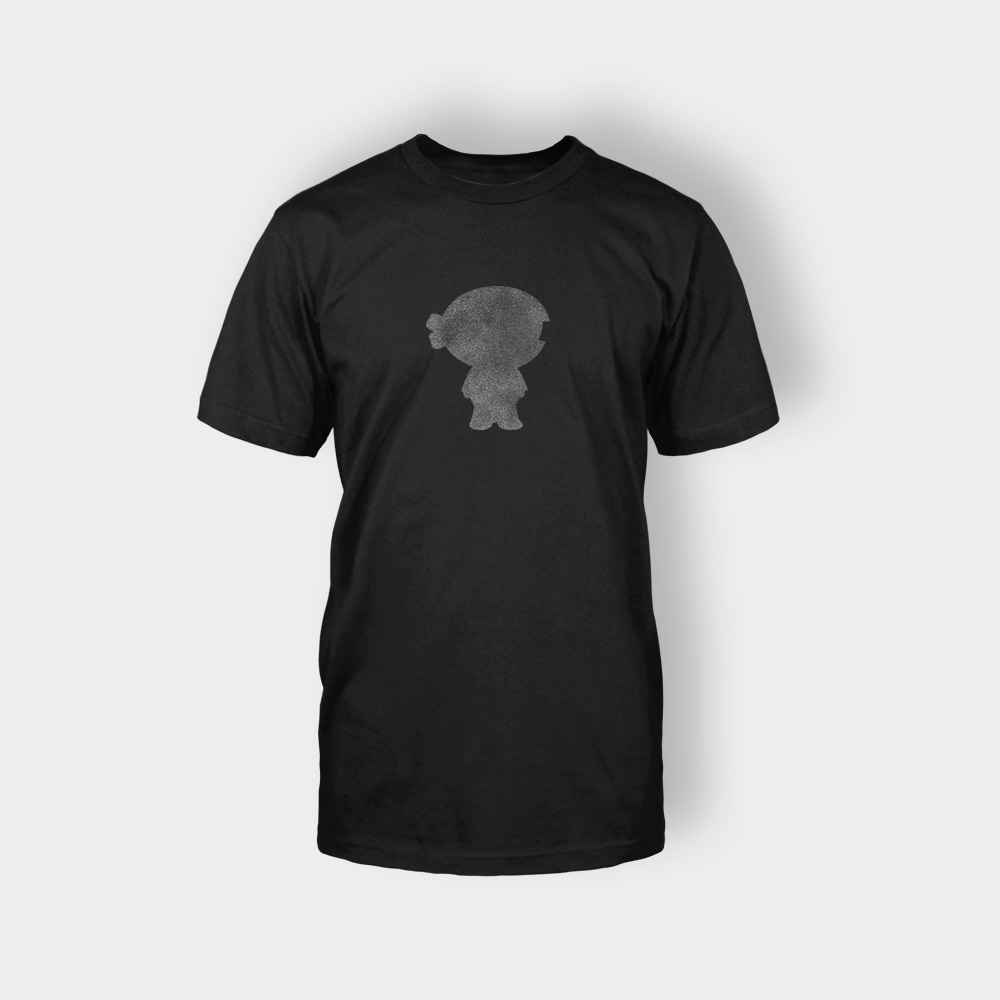Programme officer of Media Career Development Network, Blessing Osemobor, writes on the need for women in the media to be as equally empowered and represented like men.
“Don’t just make space for women, expand the table so there’s room for everyone,” the Executive Director/CEO of the Wole Soyinka Centre for Investigative Journalism (WSCIJ), Motunrayo Alaka, said with her voice steady and resolute.
She wasn’t merely making a call for inclusion; she was challenging the foundation of how society sees and accommodates women, particularly within the media landscape.
It was during the 10th-anniversary celebration of the #ReportWomen project last year in Lagos when Alaka made this clarion call, urging media practitioners to not only report on women’s stories but to empower them to tell their own stories and shape narratives that reflect their lives and experiences.
The message couldn’t be more appropriate in Nigeria’s patriarchal society, where decision-making spaces have long been dominated by men. But Alaka’s point was clear—it’s not about pushing men aside but ensuring that women are equally empowered and represented.
The Media as a Tool for Amplification
In a society where cultural norms often marginalise women, the media wields immense power. It can perpetuate harmful stereotypes or become a driving force for equity and inclusivity. The latter requires a deliberate effort to amplify women’s voices, particularly in spaces where they have historically been misrepresented or silenced.
Over the past decade, several media organisations in Nigeria have risen to this challenge. Initiatives like WSCIJ’s #ReportWomen, along with platforms such as Premium Times and The Cable, have been pivotal in spotlighting women’s stories—shifting the narrative from women as victims to women as innovators, leaders, and change-makers.
These organisations are not just telling women’s stories differently; they are challenging the dominance of male-centric narratives and setting a precedent for inclusive storytelling.
Women in Leadership: Changing the Narrative
Representation matters, especially when it comes to shaping how stories are told. Women in leadership roles within media organisations are uniquely positioned to challenge harmful stereotypes and foster narratives of empowerment and resilience.
“When women lead, they don’t just tell their own stories; they create opportunities for other women to tell theirs,” Alaka said. Female editors, producers, and journalists can mentor and empower younger women, ensuring a steady pipeline of female voices in the media.
Good enough, organisations like TVC News and Women Radio 91.7FM exemplify this shift. By having women in prominent roles, they offer more nuanced and authentic portrayals of women across various sectors of society.
From Equality to Equity
Alaka’s emphasis on making room for women is rooted in the concept of equity rather than mere equality. Equality assumes that everyone starts from the same place, but equity recognises that different individuals need different kinds of support to thrive.
In media, equity means ensuring that women have not just a seat at the table but the tools and resources to shape the coverage of issues that matter to them. It’s about seeing women as authoritative voices on politics, economy, technology, and national development—not just subjects for stories on reproductive health or gender-based violence.
Arise News and THISDAY, like some other organisations, have embraced this vision, deliberately featuring female journalists and experts on a wide range of topics. This approach is essential for breaking gender stereotypes and positioning women as credible authorities across all fields.
Collaboration: A Path to Progress
The journey toward equitable representation in media cannot be undertaken by women alone. As Alaka rightly pointed out, “The table is big enough for everyone.” Male allies must play a crucial role by recognising the importance of women’s perspectives and supporting their contributions.
Creating environments where women feel safe, respected, and empowered to lead is vital. Media organisations must institutionalise gender-sensitive reporting practices and ensure equal representation of women in decision-making roles.
This is not a game where men lose, and women win. It’s a collaborative effort that benefits everyone by fostering richer, more diverse narratives and driving societal progress.
Alaka’s words echo a powerful truth—when we make room for women, society as a whole thrives. The media, as a key storyteller, must take the lead in expanding the table and amplifying the voices of women and girls in Nigeria and beyond.
READ MORE: Our motivations for getting PhDs – female journalists


